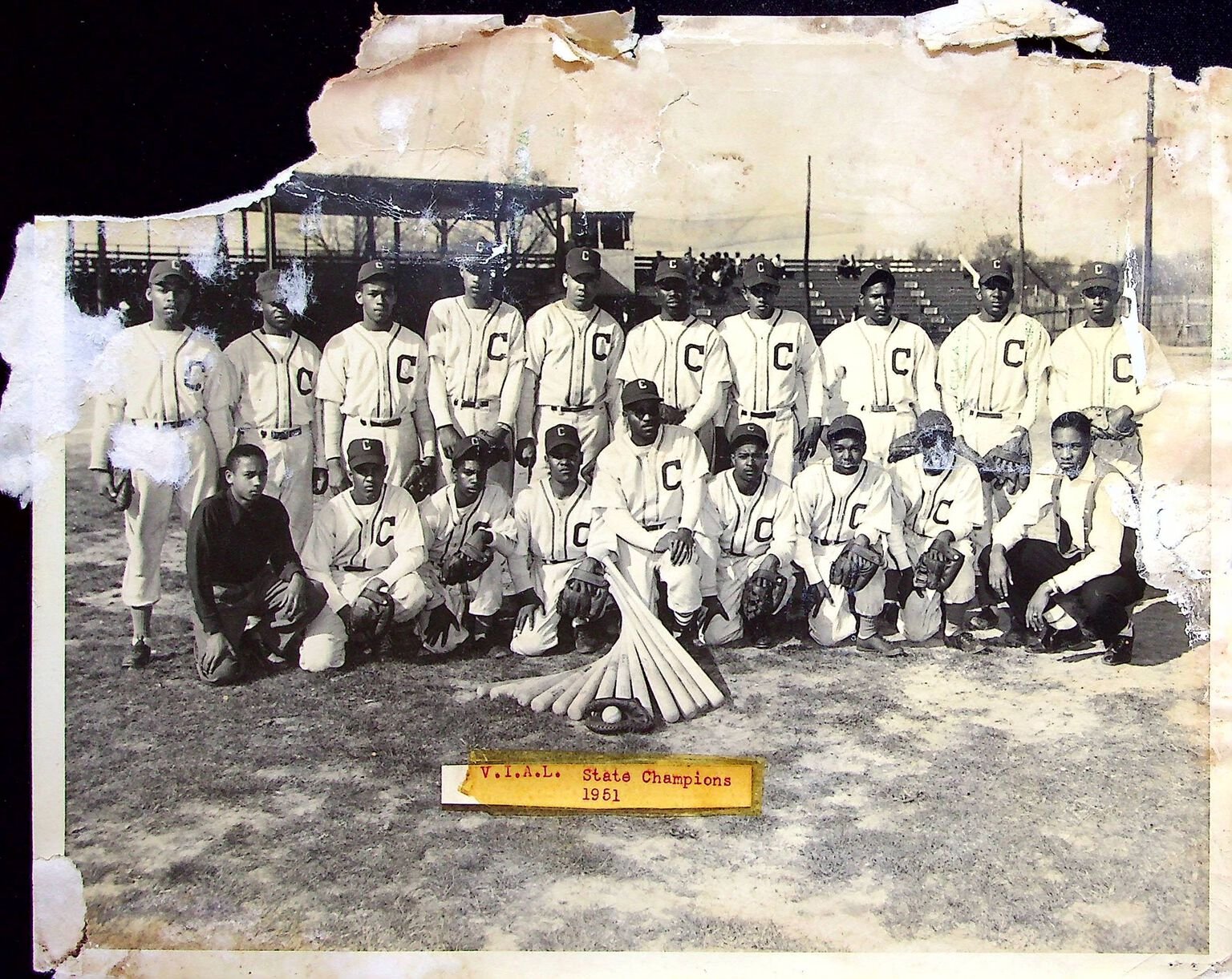CIMA.
Honoring the 100-year legacy of the historic Christiansburg Industrial Institute (CII) - the first secondary school in Southwest Virginia to educated formerly enslaved people - while preserving African American history and culture in the region from Emancipation to Desegregation.
CIMA
CIDA
Christiansburg Institute Digital Archives (CIDA) contains materials sourced from CIMA and community members who donated digital copies to the digital archive. CIDA is a living project, check back frequently as we work to digitize and interpret.
Christiansburg Institute Museum and Archives is located at 125 Arrowhead Trail in Christiansburg and is open on Monday, Wednesday, Thursday, and Friday from 10:00 AM - 4:00 PM
TOURS
Embark on a journey at the Christiansburg Institute Museum & Archives (CIMA). Uncover and explore a century of United States history as we delve into the remarkable story of the Christiansburg Industrial Institute, the first secondary school in Southwest Virginia to educate the formerly enslaved, and reinvestigate African American history and experiences in rural Appalachia from Emancipation to Desegregation.
EDGAR A. LONG PAPERS, 1904-1921
The Edgar A. Long Papers contain the writings and administrative records of Christiansburg Institute Principal Edgar A. Long. The papers explore Long’s thoughts on religion, education, and race. They also contain administrative records from Christiansburg Industrial Institute from 1906-1915.
Some of our available collections
CHRISTIANSBURG INDUSTRIAL INSTITUTE PRINTING COLLECTION,
The C.I.I. Printing Collection contains yearbooks and student-printed school newspapers from Christiansburg Industrial Institute.
WAYMON PACK COLLECTION, 1950-1960
The Waymon Pack Collection contains a series of photographs of scenes from school life at Christiansburg Institute circa 1950s-1960s. Scenes include industrial classes, sports, special school events, and extracurricular activities
JOHN F. BANKS COLLECTION, 1910-1979
The John F. Banks Collection contains correspondence, news clippings, photographs, and school publications of Principal Joseph F. Banks. Principal Banks was principal from 1954-1966.
Digital Exhibits
Emancipation, Education, and the Black Freedom Movement
An early history of the historic Christiansburg Industrial Institute and the black struggle for freedom and education in Montgomery County, VA.
The first class of students who attended Christiansburg Industrial Institute were formerly enslaved. The last class integrated. The historic collections held in Christiansburg Institute Museum & Archives (CIMA) tell their stories.
Our grassroot, community-based archives open a window into the experiences of Black Appalachians during the United States’ unsuccessful attempt at Reconstruction, the successful installation of Jim Crow, and into the Civil Rights Movement.
You can help us tell these important stories by donating your historic materials to the archives.
CIMA will preserve your important materials and make them accessible to community members and researchers for generations to come. Once your papers are accepted as part of the archives, the materials will be housed in our climate-controlled office where staff will oversee their proper storage and use. Collections will be accessible to you, your family, the public, and researchers such as students, professors, genealogists, and journalists so we can tell a more complete history of education and African American life in Southwestern Virginia.
While Christiansburg Institute Archives focuses its collections on the history of Christiansburg Industrial Institute, we also collect more broadly about African American history in Southwestern Virginia. We collect a diversity of material types and formats, ranging in size from a single item to dozens of boxes. Donated materials do not need to be organized or stored in archival boxes.
Examples of donated materials
Letters
Photographs
Scrapbooks/photo albums
Memoirs/reminiscences
Genealogical information
Speeches/lectures
Yearbooks/school publications
School materials like report, cards, homework, textbooks, etc.
Help us grow our archives
.
Privacy Statement
Christiansburg Institute Museum & Archives (CIMA) values the privacy of the historic school’s students, educators, and faculty members. Our privacy policy was created to offer reasonable protection of personal information while offering research opportunities for descendant community members, the general public, and higher education institutions.
Our agency Privacy and Access Policy allows open access for collections that contain potentially sensitive information researchers 72 years after the record was created. This agency Policy, molded after the Census Bureau and National Archives’ census release schedule, restricts the personally identifiable information contained in CIMA’s collections to all but the individual names on the record or their legal heir for 72 years.
For questions or concerns regarding this Privacy Statement, please contact our curator, Jenny Nehrt at: cima_curator@christiansburginstitute.com if you have any questions, comments, or concerns.

















